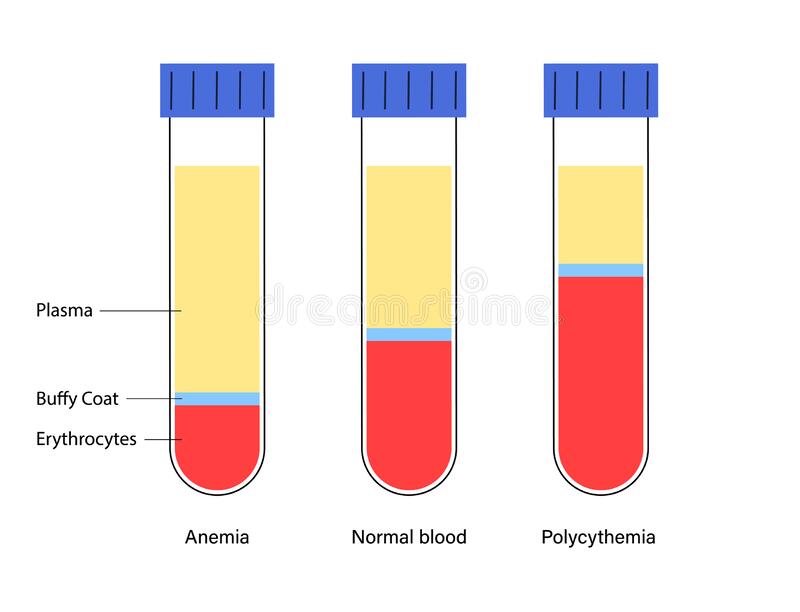Welcome to the Royal Dental Clinic blog! As a dentist, it is crucial for me to address the specific needs and concerns of our patients. Today, we will be discussing an important topic: dental care for patients with high blood pressure. High blood pressure, also known as hypertension, affects millions of people worldwide and can significantly impact oral health. By understanding the relationship between hypertension and dental care, we can ensure that our patients with high blood pressure receive the best possible dental treatment while safeguarding their overall health.

High Blood Pressure and Dental Treatment
Dental care plays a crucial role in managing high blood pressure. Recognizing the link between hypertension and oral health, dental professionals can collaborate with medical professionals, monitor BP levels, and provide specialized care. By addressing oral health issues, managing inflammation, and promoting good oral hygiene practices, dental care can contribute to better overall health for individuals with high blood pressure. At Royal Dental Clinic, we are dedicated to providing comprehensive dental care that takes into account the unique needs of patients with hypertension, ensuring their oral health is optimised alongside their BP management.
Link: High Blood pressure and Oral Health
Many people have hypertension, or high blood pressure. Hypertension impacts cardiovascular and oral health. Patients and dentists must understand this link to provide excellent dental treatment and sustain health.
Periodontal Disease and Hypertension: Periodontal disease (gum disease) is a chronic inflammatory disorder that affects the tissues around the teeth. Plaque and tartar induce bacterial infection and irritation. Periodontal disease is strongly linked to hypertension. Gum disease may cause systemic inflammation, elevating hypertension which worsens gum disease, creating a loop.
Increased Risk of Cardiovascular Problems: Heart disease, stroke, and atherosclerosis are linked to hypertension. Periodontal disease may increase these risks. Gum disease bacteria may enter the circulation and cause artery plaque, narrowing blood vessels and reducing blood flow. Hypertensives may develop cardiovascular issues.
Importance of Oral Hygiene for Hypertensive Patients: Hypertension patients must practise proper dental hygiene. Regular brushing and flossing prevent gum disease and plaque. Avoid gum inflammation and enamel erosion with a soft-bristle toothbrush and fluoride toothpaste. Antimicrobial mouth rinses may further decrease oral microorganisms. Oral hygiene may reduce hypertension risks and improve health.
Monitoring High or Low Blood Pressure | Dental Visit
Regular dental check-ups and cleanings are vital for maintaining oral health. For patients with hypertension, it is crucial to monitor their blood pressure levels throughout dental visits. Dentists should have blood pressure monitoring devices readily available to measure a patient’s BP before, during, and after dental procedures. This proactive approach enables us to identify any spikes or irregularities and take appropriate precautions to prevent complications.

Here are some key points to consider regarding medication and dental treatment for individuals with high blood pressure:
Medication Review: Review the specific medications, dosages, and any potential interactions with dental treatments or anesthesia.
Blood Pressure Monitoring: If the pressure is elevated, consult with the patient’s healthcare provider to determine the best course of action.
Stress and Anxiety Management: Dental procedures can cause anxiety and stress, which may affect blood pressure.
Drug Interactions: Be cautious of potential interactions between medications used in dental treatments and antihypertensive medications.
Collaboration with Healthcare Providers: Maintain open communication with the patient’s primary care physician or cardiologist to coordinate care and ensure that dental treatments align with their overall medical management.
Medication Consideration like High Blood Pressure
Many patients with hypertension rely on medication to control their blood pressure. It is important for patients to inform their dentist about the medications they are taking, as some may have oral side effects. For example, certain BP medications can cause dry mouth, which can increase the risk of dental decay and oral infections. Dentists can provide guidance on managing dry mouth and recommend suitable oral care products to alleviate these effects.
Collaboration: Dentists and Medical Professionals
As a dentist, I understand the importance of collaboration between dentists and medical professionals in providing optimal care for patients, especially those with hypertension. This collaborative approach allows us to address the specific needs and concerns of these patients while ensuring their overall health and well-being.
Here are some key points that highlight the significance of this collaboration:
Comprehensive Patient Evaluation: Dentists must understand the patient’s medical history, including high blood pressure, drugs, and associated illnesses, to give the best treatment. We can get reliable and up-to-date information from medical providers to personalize dental treatments to patients’ medical needs.
Sharing of Medical Information: Dentists and doctors must communicate to discuss medical information. Dentists should know the patient’s blood pressure, prescription list, and health history. Sharing information helps dentists make educated judgements and adjust treatment strategies. Regular communication alerts the patient’s medical team of dental operations that may affect blood pressure or health.
Medication Management: High blood pressure patients often use medicines. Dentists should know about these drugs and their negative effects. Dentists may change dental treatments based on medical specialists’ proper drug information. This prevents dental issues and maintains patient safety.
Monitoring Blood Pressure: Hypertensive dental patients need regular BP monitoring. Dentists should use blood pressure monitors before, during, and after dental treatments. We can detect blood pressure rises and take precautions to protect patients. Dentists may share these readings with the patient’s medical team for complete treatment.
Stress Management Technique for High Blood Pressure
Stress is a significant factor in hypertension and can also contribute to dental anxiety. Patients with hypertension may be more prone to anxiety during dental visits, which can further elevate their blood pressure levels. Therefore, it is crucial for dental professionals to create a relaxing and comfortable environment for patients. Employing stress management techniques such as deep breathing exercises, guided imagery, or even offering sedation dentistry options can help alleviate anxiety and promote overall well-being.
Postoperative Care: Provide clear postoperative instructions to patients with higher pressures, including guidance on pain management and any potential impact on their BP. Advise them to continue taking their antihypertensive medications as prescribed.
Oral Care Recommendations in High Blood Pressure
Patients with hypertension should adhere to a comprehensive oral care routine to maintain good oral health. This includes brushing their teeth at least twice a day using a soft-bristle toothbrush and fluoride toothpaste. Flossing daily is equally important to remove plaque and prevent gum disease. Patients should also maintain a balanced diet, limiting sugary and acidic foods that can contribute to dental problems. Regular dental visits every six months are vital to identify and address any potential issues promptly.
Conclusion to High Blood Pressure Patient
Dental care plays a critical role in the overall health and well-being of individuals with hypertension. By recognising the connection between hypertension and oral health, collaborating with medical professionals, monitoring BP levels, and providing tailored care, dental professionals can contribute to their patients’ overall health and quality of life. Remember, a healthy smile goes hand in hand with a healthy heart. Prioritizing both enables individuals to maintain optimal health and lead fulfilling lives. At Royal Dental Clinics, we are committed to providing the highest standard of care for patients with hypertension, ensuring their dental experience is safe, comfortable, and effective.
© All rights reserved by Royal Dental Implants Pvt Ltd
Issued in public interest






